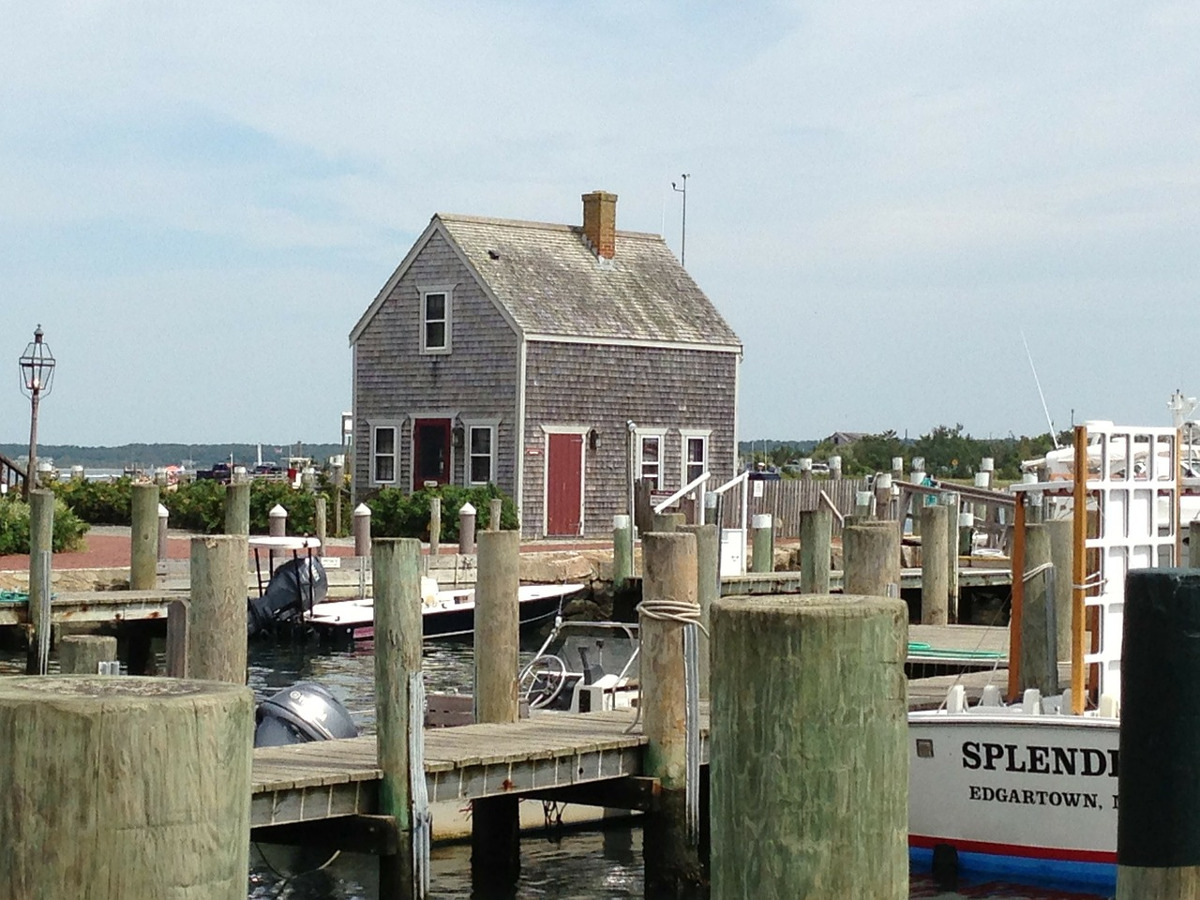
The Domestic Names Committee of the U.S. Board on Geographic Names has granted only five possessive apostrophes in 113 years:
- Martha’s Vineyard, Mass., 1933. This had been designated Marthas Vineyard for 40 years until the committee restored the apostrophe after a local protest campaign.
- Ike’s Point, N.J., 1944. Here the apostrophe was allowed because the board agreed that “Ikes Point” would be “unrecognizable.”
- John E’s Pond, R.I., 1963. Spoken aloud, this might otherwise have been misunderstood as “John S Pond.”
- Carlos Elmer’s Joshua View, Ariz., 1995. “Joshua” is the name of a tree and “Carlos Elmer” is the name of a photographer. The Arizona state names board argued that three given names in a row would “dilute the meaning.”
- Clark’s Mountain, Ore., 2002. The Oregon names board asked for this exception “to correspond with the personal preferences of Lewis and Clark.”
Other place names, including Harpers Ferry and Pikes Peak, are generally stripped of their apostrophes in official federal usage (there are some administrative exceptions, such as Prince George’s County, Md.).
The committee argues that an apostrophe implies private ownership of a public place. The United States is the only country with such a policy, but the rule has been reaffirmed five times. In 2013 Jennifer Runyon of the names committee told the Wall Street Journal, “We don’t debate the apostrophe.”
(Thanks, Dave.)
05/24/2017 UPDATE: Apparently New South Wales has a similar rule. From the NSW Addressing User Manual (PDF):
6.7.2.e. An apostrophe mark shall not be included in road names written with a final ‘s’, and the possessive ‘s shall not be included e.g. St Georges Terrace not St George’s Terrace. Apostrophes forming part of an eponymous name shall be included (e.g. O’Connor Road).
(Thanks, Daniel.)
